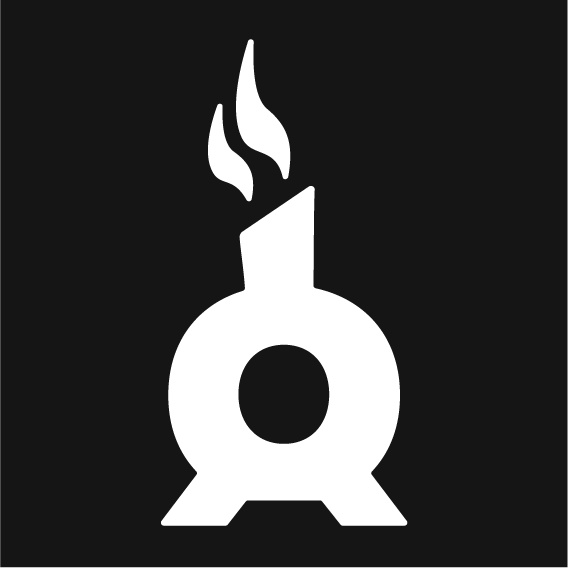

Chimney Fire Coffee

Surrey, United Kingdom
July 2022
Beverages
Wholesale/Retail
United Kingdom
Chimney Fire Coffee is a B Corp certified coffee company, committed to importing and roasting great tasting, high quality coffee with a positive impact. Our mission is to return value to coffee growers and producers by creating a fully transparent supply chain, with a direct sourcing model that assures mutually beneficial prices. This helps us commit to long-term, multi-year partnerships, contracting up to three years in advance. Based on the UK's first net-zero and B Corp Certified wine estate in the Surrey Hills, we provide a range of high quality coffees to suit different tastes, alongside regular tours Based on the UK's first net-zero and B Corp Certified wine estate in the Surrey Hills, we provide a range of high quality coffees to suit different tastes, alongside regular tours, experiences, and community events at our roastery. Our coffee is packaged using exclusively biodegradable and recyclable materials, and through our Community Impact Fund we donate 10% of our net profits to social causes both locally and internationally. We are proud to partner with over 150 independent coffe, offices, hotels, and wholesale retailers across the UK, delivering our responsibly crafted coffee while providing complimentary barista training, ongoing support, and educational resources.
Overall B Impact Score
Governance 13.8
Governance evaluates a company's overall mission, engagement around its social/environmental impact, ethics, and transparency. This section also evaluates the ability of a company to protect their mission and formally consider stakeholders in decision making through their corporate structure (e.g. benefit corporation) or corporate governing documents.
What is this? A company with an Impact Business Model is intentionally designed to create a specific positive outcome for one of its stakeholders - such as workers, community, environment, or customers.
Workers 22.5
Workers evaluates a company’s contributions to its employees’ financial security, health & safety, wellness, career development, and engagement & satisfaction. In addition, this section recognizes business models designed to benefit workers, such as companies that are at least 40% owned by non-executive employees and those that have workforce development programs to support individuals with barriers to employment.
Community 26.9
Community evaluates a company’s engagement with and impact on the communities in which it operates, hires from, and sources from. Topics include diversity, equity & inclusion, economic impact, civic engagement, charitable giving, and supply chain management. In addition, this section recognizes business models that are designed to address specific community-oriented problems, such as poverty alleviation through fair trade sourcing or distribution via microenterprises, producer cooperative models, locally focused economic development, and formal charitable giving commitments.
What is this? A company with an Impact Business Model is intentionally designed to create a specific positive outcome for one of its stakeholders - such as workers, community, environment, or customers.
Environment 25.8
Environment evaluates a company’s overall environmental management practices as well as its impact on the air, climate, water, land, and biodiversity. This includes the direct impact of a company’s operations and, when applicable its supply chain and distribution channels. This section also recognizes companies with environmentally innovative production processes and those that sell products or services that have a positive environmental impact. Some examples might include products and services that create renewable energy, reduce consumption or waste, conserve land or wildlife, provide less toxic alternatives to the market, or educate people about environmental problems.
What is this? A company with an Impact Business Model is intentionally designed to create a specific positive outcome for one of its stakeholders - such as workers, community, environment, or customers.
Customers 4.4
Customers evaluates a company’s stewardship of its customers through the quality of its products and services, ethical marketing, data privacy and security, and feedback channels. In addition, this section recognizes products or services that are designed to address a particular social problem for or through its customers, such as health or educational products, arts & media products, serving underserved customers/clients, and services that improve the social impact of other businesses or organizations.